Responsible Gambling Prevent Problem Gambling?

Promoting responsible gambling has become increasingly challenging with the addition of internet gaming and sports betting. To create new positive strategies, many casinos and tribal gaming regulatory agencies, such as the Four Winds Casinos (FWC) and the Pokagon Band Gaming Commission (PBGC), have partnered to review current initiatives in the casino’s responsible gaming program and institute improvements to help customers at risk of becoming problem gamblers. The collaborative’s slogan is “Responsible Gambling Prevents Problem Gambling.” The FWC and the PBGC are divisions under the Potawatomi Indian Tribe of Michigan and Indiana, and operate four casinos under an NIGC-granted Certificate of Self-Regulation.
Gambling responsibly is the most effective way to prevent problem gambling. But how do we motivate customers to play responsibly? Can we prevent problem gambling? When players exhibit signs of problem gambling, they no longer have fun, and winning becomes necessary. What can we do that already isn’t being done? How do we invite problem gamblers to seek help?
The gaming industry has quickly evolved into a more easily accessible market with online gambling and sports betting. This condition has focused attention on youth gambling concerns around the country. Educating youth gamblers and their parents/guardians are more challenging, so FWC and PBGC are working to improve the responsible gaming program to address this rising interest by conducting community education forums. In addition, the PBGC has partnered with the Pokagon Health Services, the Pokagon Education Department, and the Youth Council to help raise awareness of youth gambling within the tribal community.
As the world changes, industries must also change to survive. Gambling has become progressively popular worldwide, evolving into a multi-billion-dollar market. And, with internet gaming and sports betting added to the mix, the market is expected to continue to grow. As of 2020, about 60% of adults (154.9 million) in the U.S. gambled during the past year. While most people play responsibly, about 1.0% of American adults (1.6 million) have a gambling problem, and even more alarming is that 2% to 7% (0.86M – 3.01M) of our youth generation (15-24) develop a gambling problem, which is higher than adults (Dr. Potenza, Yale study). The National Council on Problem Gambling (NCPG) referenced a survey conducted in 2021 that showed the risk for gambling problems has increased by roughly 30% since 2018.
In response to the highly recognized pursuit of problem gambling prevention, FWC and PBGC have been hard at work reviewing and updating current program strategies, attending seminars and conferences to glean industry best practices, advocating for government assistance to help problem gamblers, making available additional resources, and presenting at conferences.
Does responsible gambling prevent problem gambling? To answer this question implies that there is an unambiguous answer. Unfortunately, there is not. FWC and PBGC aim to provide as much information and assistance to guests should they identify with a gambling problem or simply want to access tips on playing responsibly. When we talk about responsible gamblers, we refer to customers with control over their gambling, meaning they know when to quit.
One of the principal elements in maintaining an effective, responsible gaming program is being proactive regarding the issues and concerns surrounding responsible gambling. A key factor is to be aggressive in promoting responsible gambling because the number of players has significantly increased with the addition of sports betting and internet gaming, which means a rise in the number of problem gamblers. Many casinos and gaming commissions, such as the FWC and PBGC, have updated the responsible gaming brochures, added a responsible gaming email for customers and employees, updated the casino’s webpage and hotlines, and added awareness campaigns during September’s Responsible Gaming Education Month. The FWC and PBGC believe that the more guests and employees know about available resources, the more likely they will seek help.
Relying on guidance from the NCPG and the American Gambling Association, FWC devoted the month of March to Responsible Gaming Awareness Month and September to Responsible Gaming Education Month. During these months, FWC and PBGC commit to educating the customers and employees on responsible gaming and offer helpful tips to identify those at risk for problem gambling. The weekly FWC employee newsletter presents articles on how responsible gaming can prevent problem gambling and provides resources to help customers and employees better understand responsible gaming and where to get help should they want it.
At the 2022 NCPG conference, attendees learned about sports betting, online gambling, youth gambling, gambling addiction, and tribal gambling concerns. According to the National Association of Addiction Professionals, gambling addiction has the highest suicide attempt rate, about 20% of all addictions. Many casinos understand that gambling addiction requires the same attention as any other addiction and is not age discriminatory. FWC and PBGC will explore improved methodologies for addressing gambling addiction and youth gambling prevention in reviewing the responsible gambling program.
To say that responsible gambling is guaranteed to prevent problem gambling would be impractical and naive. Many casino/gaming commission collaboratives, such as the FWC and PBGC, aim to provide a continued service to guests and employees by developing positive practices to encourage responsible gambling and avoid problem gambling because, in the end, only people can change themselves.
Beverly Robb is a Senior Internal Auditor with the Pokagon Band Gaming Commission and a Certified Fraud Examiner. She can be reached by calling (269) 926-5493 or email . The Four Winds/PBGC Responsible Gaming Team can be reached by emailing .








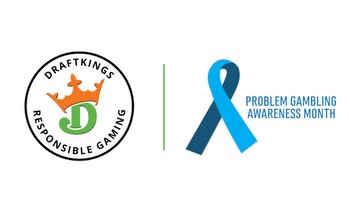

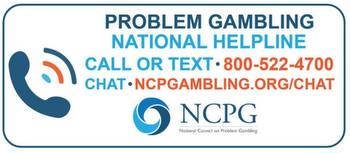
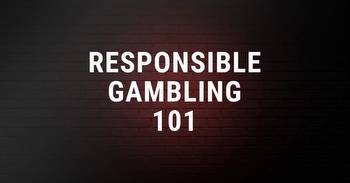
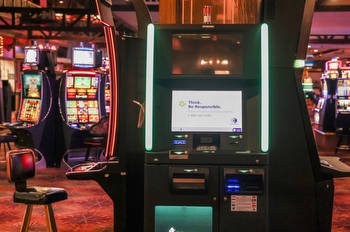


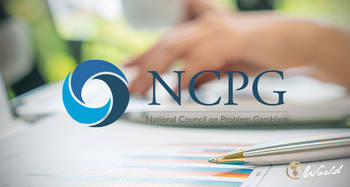

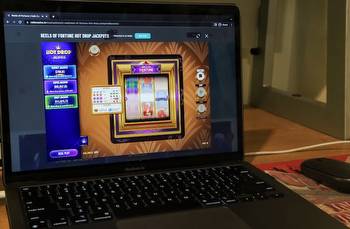







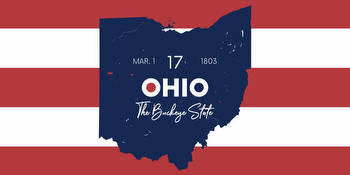
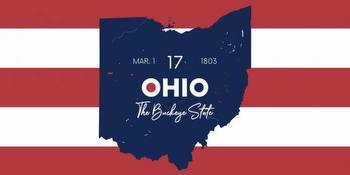


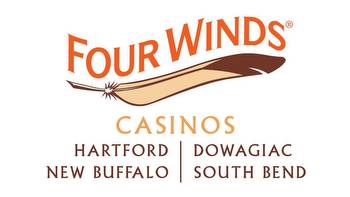
.jpg)



